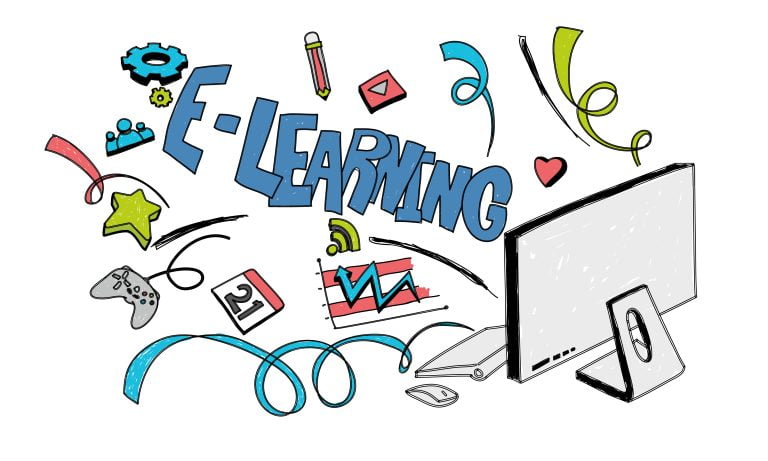
In today’s interconnected world, leveraging the power of technology is key in overcoming distance and difference. When it comes to autism spectrum disorder (ASD) mentoring, the impact of this digital bridge is especially profound. Affordable cloud-based storage and video conferencing are two such technologies, offering immense potential in streamlining and enhancing ASD mentoring.
Cloud-based storage brings along several benefits for ASD mentoring. It provides a centralized platform where all resources, be it lesson plans, worksheets, visual aids, or progress trackers, can be stored and accessed with ease. This not only helps the mentor in staying organized but also allows the mentee to access learning resources at their convenience. For children on the autism spectrum, this flexibility and control over their learning environment can significantly reduce anxiety and improve focus.
Affordability is another major advantage. With various cloud-based storage providers like Google Drive, Dropbox, and OneDrive offering ample storage space at minimal or no cost, it has never been more economical to store and share large files, including interactive learning materials and video content. This is particularly useful in ASD mentoring where multimedia resources are often employed to enhance comprehension and engagement.
Now, let’s consider video conferencing. The lifeline of remote mentoring, it creates a virtual learning environment where mentors and mentees can interact in real-time. Platforms like Zoom, O-Connect and Microsoft Teams offer features like breakout rooms, hand raising, and whiteboard, which can be effectively used to create a structured, distraction-free learning environment for the ASD mentee. The ability to record sessions also means that mentees can revisit the lessons, a feature that can be instrumental in reinforcing learning.
Moreover, video conferencing empowers mentors to provide immediate feedback and emotional support, vital elements in ASD mentoring. Also, the safety and comfort of learning from a familiar environment can help ASD mentees in reducing social anxiety, thus promoting more active participation.
In summary, affordable cloud-based storage and video conferencing tools are proving to be optimal for ASD mentoring. These technological tools not only help in providing a structured, adaptable learning environment but also promote mentee engagement and autonomy. As we move forward, these digital aids will continue to play a critical role in making education more accessible and inclusive for everyone, regardless of geographical boundaries or personal challenges.